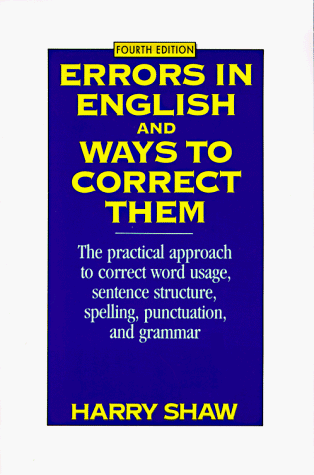 Cut-And-Paste For those too young to remember this, the term “cut-and-paste” at one time meant just that. The writer typed out pages of copy and then working with the stack of page used scissors and a glue pot (perhaps later on it might have been Scotch tape), and the work of editing was underway.
Cut-And-Paste For those too young to remember this, the term “cut-and-paste” at one time meant just that. The writer typed out pages of copy and then working with the stack of page used scissors and a glue pot (perhaps later on it might have been Scotch tape), and the work of editing was underway.
While I would never want to go back to that editing technique, there’s something to be said for the physical look of rearranging pages and paragraphs.
A Twenty-Foot Table
It was Annie Dillard who in her book, “The Writing Life,” referred to the mechanical aid of a twenty-foot conference table. She went on to say:
You lay out your pages along the table’s edge and pace out your work. You walk along the rows; you weed bits, move bits, and dig out bits, bent over the rows with full hands like a gardener.
bits, bent over the rows with full hands like a gardener.
I apologize for mixing metaphors, going from a surgeon to a gardener, but the similarities cannot be ignored.
When the Story Isn’t Working
Here’s the point of this post – there comes a moment for every novelist when a storyline simply isn’t working. It could be with a novel, or it could even be with a short story. A simple remedy that has worked for many authors through the years, is to cut the story apart into segments. Be sure every page is numbered so when you begin rearranging, you’ll remember the original position. Now with the story segments spread out before you, begin to ask hard questions:
- Check number of story scenes – too few? Too many?
- Now examine each scene – does it accomplish something in the story? Could it be combined with another scene? Or perhaps deleted?
- Do you sense gaps in the storyline? What’s missing and how can it be fixed?
- What about the flashbacks? Are they in the right places?
- Be daring enough to actually rearrange sequence of events to see if the story line works better. (Could the last scene become the opening scene – then have the story build around it?)
Bold Adventure
Believe me, I know this can be a bold adventure. For many authors – especially those who are more visual – this can be a game-changer. The sense of objectivity that is gained is immense. If you have never worked as an editor, this exercise will create the sense and feeling of being an editor. One novice novelist tried this exercise and was surprised to see that one chapter contained twelve different scenes. Stepping back, and with a fresh editorial eye, she could now see that it made the chapter seem fragmented and disjointed.
“I was surprised,” she admitted, “at how much more objective I could be with the sections spread out before me. Before, it all seemed etched in concrete. After this exercise I was freer in my ability to cut out dead parts.”
Ah the editor’s scalpel at work. “Writing IS rewriting,” as the old saying goes. Not sure who said that, but in one way or another all accomplished authors have agreed:
“There is no such thing as good writing. There is only good rewriting.” Harry Shaw
The next time you are “story-stuck” try the cut-and-paste method (or at least the physical-rearrange method) and see what happens. The more disciplined you become in the rewriting stages, the more of a polished novelist you will become. Take out your editor’s scalpel — then try it and see!


Second Title in the Norma Jean Lutz Classic Collection
Tiger Beetle at Kendallwood
Available on Amazon Kindle


